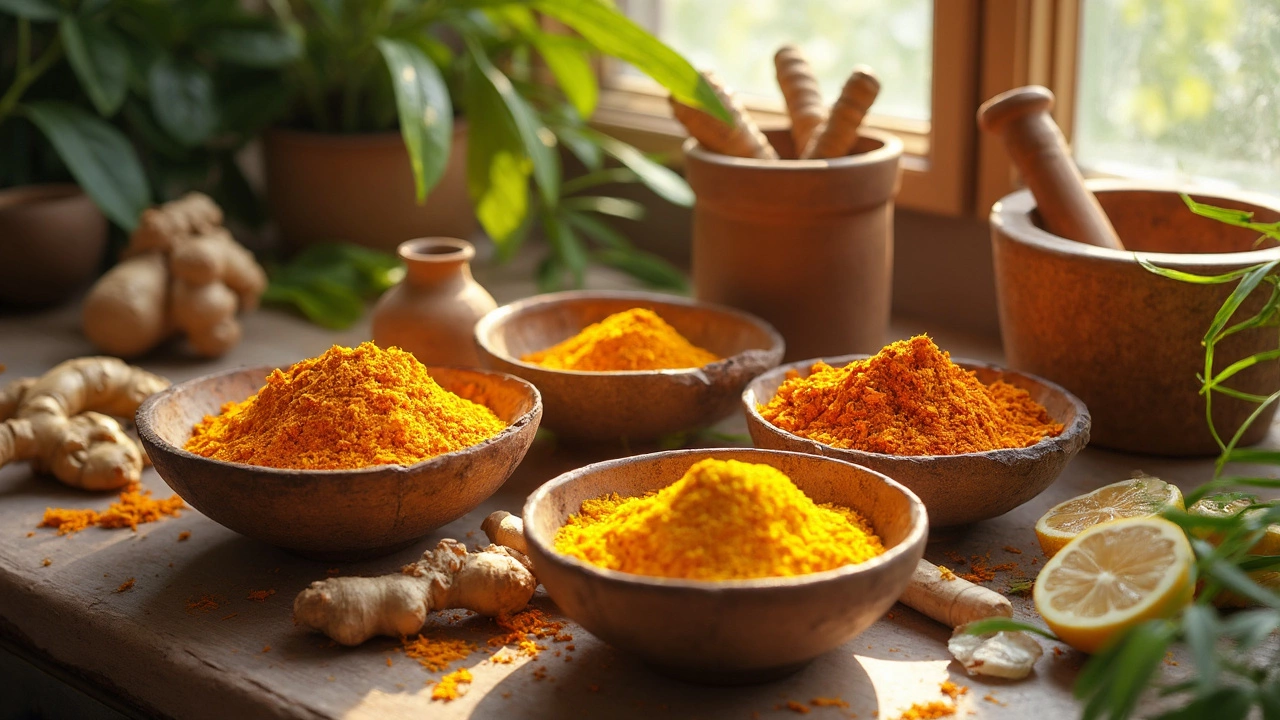Inflammation Relief: Quick Everyday Ways to Calm Your Body
Inflammation feels like an uncomfortable heat inside your joints or muscles. It’s the body’s way of warning you that something isn’t right. While a little inflammation helps you heal, too much can cause aches, swelling, and long‑term problems. The good news? You can dial it down with everyday foods and habits.
What Triggers Common Inflammation?
Most people notice inflammation after an injury, but hidden triggers are everywhere. Processed snacks, sugary drinks, and too much fried food feed the fire. Stress, lack of sleep, and sitting for long hours also keep the body in a low‑grade inflammatory mode. Even allergies or a dusty room can add to the load.
Natural Strategies to Ease Inflammation
Start with your plate. Add bright berries, leafy greens, and oranges – they’re packed with antioxidants that calm the fire. Fatty fish like salmon give you omega‑3s, which are natural anti‑inflammatories. Swap butter for olive oil, and sprinkle turmeric or ginger on meals for an extra soothing boost.
Drink water throughout the day. Hydration helps flush out waste that can irritate cells. Swap soda for green tea or warm lemon water; both have compounds that lower inflammation markers.
Move a little each day. A short walk, gentle stretching, or a 10‑minute yoga session gets blood flowing and reduces the chemicals that cause swelling. You don’t need a gym – just keep the body active.
Sleep matters more than you think. Aim for 7‑8 hours of solid rest. Poor sleep spikes cortisol, a stress hormone that fuels inflammation. Keep the bedroom dark, turn off screens an hour before bed, and stick to a regular bedtime.
Stress management is a game changer. Try deep breathing, meditation, or simply stepping outside for fresh air. When the mind relaxes, the body’s inflammatory response drops.
If you need a quick relief, try a cold compress on swollen joints for 15‑20 minutes. It numbs the area and shrinks swelling. For muscle soreness, a warm bath with Epsom salts can increase circulation and speed up recovery.
Supplements can help, but only when you need them. A daily dose of fish oil, curcumin (the active part of turmeric), or a vitamin D tablet often supports the diet. Talk to a doctor before starting any new supplement, especially if you take other medicines.
When home tricks aren’t enough, it’s time to see a professional. Persistent pain, swelling that doesn’t go down, or new symptoms like fever should be checked by a doctor. They can rule out infections or autoimmune issues that need specific treatment.
In short, soothe inflammation with a mix of food, movement, sleep, and stress control. Small, consistent changes beat quick fixes. Keep an eye on how your body reacts, and adjust as needed – your body will thank you with less ache and more energy.





